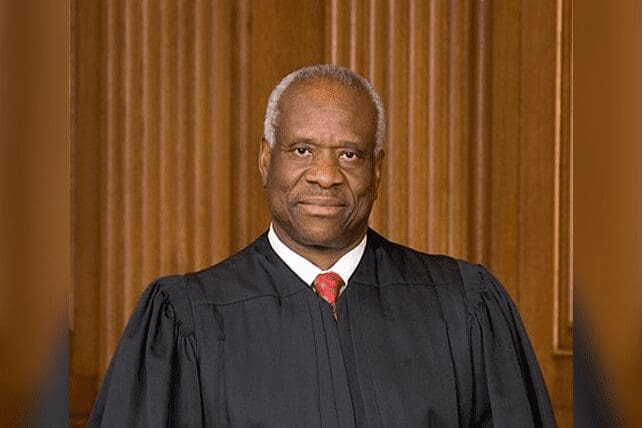On Friday (June 24), the United States Supreme Court handed down its ruling in the Dobbs v. Jackson Women’s Health Organization case, overturning the legal precedent set by Roe v. Wade (1973) and Planned Parenthood v. Casey (1992), which established abortion as a constitutionally protected right.
The case centered on a Mississippi law that bars most abortions after 15 weeks of pregnancy, with the Supreme Court ruling in favor of the law, in accordance with the expectation set by a draft of the majority opinion that was leaked last month. The question of abortion rights and legislation will now return to the individual states.
The news of Roe’s overturn was met by strong emotions on both sides of the issue, as pro-life advocates immediately took to social media in celebration, while pro-choice advocates are expected to protest the decision through public demonstrations in the coming days and weeks.
RELATED: Supreme Court Overturns Roe
Justice Samuel Alito wrote in the Court’s majority opinion that the “critical question is whether the Constitution, properly understood, confers a right to obtain an abortion,” arguing that the Casey decision “skipped over that question and reaffirmed Roe solely on the basis of stare decisis,” that is, the established legal precedent of Roe.
However, while Alito wrote the majority opinion, many are drawing their attention to the concurring opinion written by Justice Clarence Thomas. In that opinion, Thomas suggested that in the future, SCOTUS should also re-evaluate the legal precedents established in cases that had previously provided federal protections for access to contraceptives, same-sex relationships, and same-sex marriage.
The cases Thomas named specifically were the 1965 Griswold v. Connecticut case, which protects the liberty of married couples to buy and use contraceptives without government restrictions, the 2003 Lawrence v. Texas case, which ruled that criminal anti-sodomy laws were unconstitutional, and the 2015 Obergefell v. Hodges case, which conferred to same-sex marriage the status of fundamental right.
Notably, the same constitutionally unenumerated “right to privacy” that served as the basis for these cases was likewise pivotal in the Roe v. Wade decision.
The reasoning behind Thomas’ argument that these cases need be re-evaluated was that since “the Due Process Clause [of the 14th Amendment] does not secure any substantive rights, it does not secure a right to abortion,” and by extension does not secure any other constitutional right that had previously been granted by such line of reasoning.
RELATED: In Wake of Roe’s Possible Overturn, Differing Visions Within Pro-Life Movement Come Into Focus
“For that reason, in future cases, we should reconsider all of this Court’s substantive due process precedents, including Griswold, Lawrence, and Obergefell,” Thomas wrote. “Because any substantive due process decision is ‘demonstrably erroneous’…we have a duty to ‘correct the error’ established in those precedents.”

